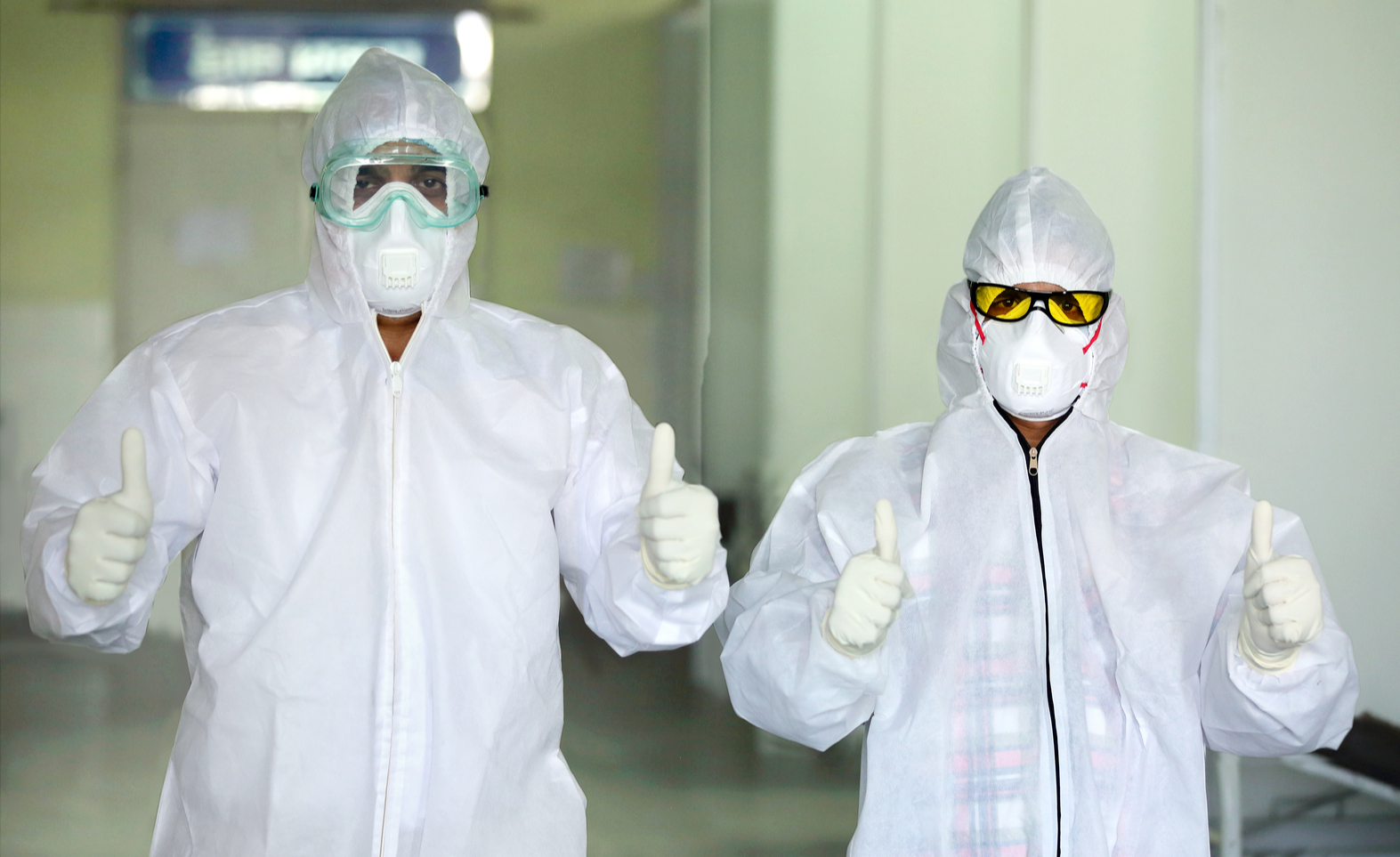
July 9, 2021
Govt announces emergency response package of US$ 3.1bn to fight the Covid-19 pandemic.
Centre will provide US$ 2bn under the new package while states will pitch in with US$ 1.07bn.
The package is aimed at setting up paediatric departments in 736 districts and 20,000 new ICU beds.
Centre had earlier allocated US$ 2bn to set up Covid-dedicated hospitals and health centres.

The Union Cabinet, in its first meeting after the recent reshuffle by Prime Minister Shri Narender Modi, has approved of a new emergency response package of US$ 3.1bn to fight the Covid-19 pandemic. This is the second phase of the Emergency Response and Health System Preparedness Package as the Central government had allocated US$ 2bn last year to set up Covid hospitals and health centres across the country.
Addressing a press conference after the Cabinet meeting, the new Union Minister of Health Shri Mansukh Mandaviya said the package will be implemented over the next nine months till March 2022. “It will be used jointly by the Central and State governments,” he said, according to a Firstpost report. While the Centre would provide US$ 2bn, states will pitch in with US$ 10.07bn, he added.
The package will help improve medical infrastructure at primary and district health centres across all the 736 districts of the country, create 20,000 new ICU beds and acquire buffer stocks of medicines. Amid concerns that a possible third wave of the Covid-19 pandemic could affect children, the scheme will focus on setting up paediatric units in 736 districts and earmarking 20% of the new ICU beds for children. Shri Mandaviya also said that storage facilities for oxygen and medicines would also be created at district level under the plan.
The new package has broadly two components—central sector components and centrally sponsored schemes. The central sector components include providing support to central hospitals, AIIMS, and other institutions of national importance such as Safdarjung Hospital in Delhi and PGIMER in Chandigarh for repurposing 6,688 beds for COVID-19 management. Besides, it aims to strengthen the National Centre for Disease Control, implement the Hospital Management Information System in all district hospitals, and expand the National Architecture of eSanjeevani Teleconsultation platform to provide up to 500,000 teleconsultations per day from 50,000 a day currently.
Under centrally sponsored schemes, the government’s efforts are aimed at strengthening district and sub-district capacity for an effective and rapid response to the pandemic. States and UTs would be supported to create paediatric units in all districts, install 1,050 liquid medical oxygen storage tanks with medical gas pipeline systems and add 8,800 ambulances. Besides, it would focus on providing care closer to the community due to the ingress of Covid-19 in rural, peri-urban and tribal areas, by creating prefabricated structures for adding additional beds at the existing health centres and by establishing bigger field hospitals.